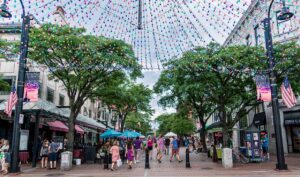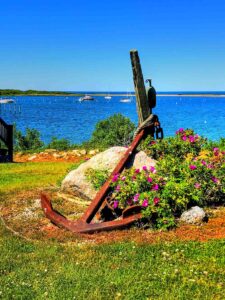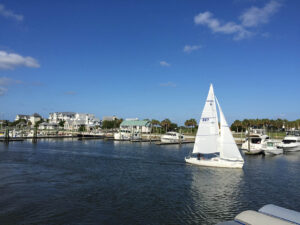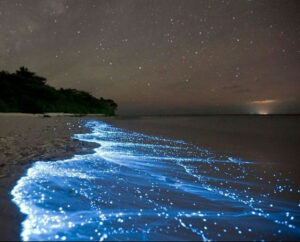History
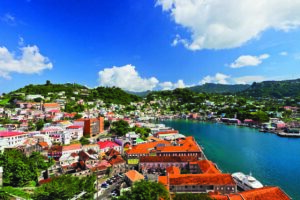
Antigua
Antigua is one of two major islands that make up Antigua and Barbuda, an independent commonwealth between the eastern Caribbean Sea and Atlantic Ocean. Colonized by English settlers in 1632 and then raided by the French in 1666, these lands were first inhabited by native tribes such as the Arawaks. The country eventually received sovereignty and became a nation in 1981. Check out the Museum of Antigua and Barbuda located in the former St. John’s courthouse.
Grenada
Also originally occupied by indigenous people such as the Arawaks, Grenada remained free from colonization for decades as France and Britain fought for territory. The French dominated first, but the British invaded the island in 1762 during the Seven Years’ War. They went back and forth with treaties disputing land control until the country finally gained independence from Britain in 1974.
Best Beaches
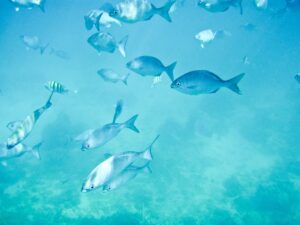
Antigua
The waters along the island of Antigua are highly favored for snorkeling in majestic reefs and relaxing on beaches. This island has so many beaches, you find one for each day of the year — 365 of them to be exact! Little Ffryes Beach on Antigua’s west coast and Half Moon Bay on the east coast are often ranked among the top Caribbean beaches.
Grenada
Even though Grenada has fewer beaches than Antigua, the island’s sandy spots are just as charming. The tropical paradise boasts 45 beaches where you can do everything from swimming and snorkeling in clear waters to bird or turtle watching on white sands. One of the best beaches includes Grand Anse Beach, famous for snorkeling, kayaking and sailing.
Cultural Cuisine
Antigua
Although the Caribbean is usually known for rum, Wadadli Beer is a unique Antiguan staple. The original inhabitants named the island Wadadli before it was allegedly renamed Santa Maria de la Antigua by Christopher Columbus and eventually shortened. You can find this sweet lager exclusively brewed on the island. Cultural foods to explore include Ducana (a sweet dumpling) and Saltfish and Fungi (similar to polenta or grits).
Grenada
Feast on delicious island food such as Grenada’s national dish, “Oil down,” a mix of salted meats, veggies, dumplings, breadfruit and spices cooked in coconut milk. Be sure to try other local favorites such as Olla de San Antón, made with beans, rice and pork, or Grenadian caviar (roe of white sea urchin).
Geography
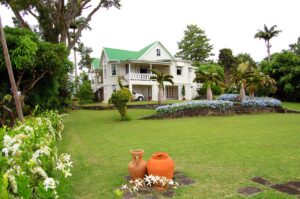
Antigua
Antigua spans 108 square miles of secluded bays, stunning coral reefs, shoals and caves across the West Indies. The island is made up of limestone formations along the northeast belt and is partly volcanic in the southwest region. Witness steep hills of ancient volcanic formation and overlook the highest elevation at Mount Obama (formerly Boggy Peak), Antigua’s tallest mountain.
Grenada
As the southernmost island of the north-south arc of the Lesser Antilles, Grenada is just north of Venezuela’s coast. A large portion is volcanic terrain, and scenery varies from mountainous rainforests and high-rise houses on waterfront cliffs, to coastal mangroves. Witness exotic wildlife such as armadillos, mockingbirds and monkeys at Grand Etang National Park & Forest Reserve, and visit tropical gardens at Hyde Park or Sunnyside Garden in St. George’s.


